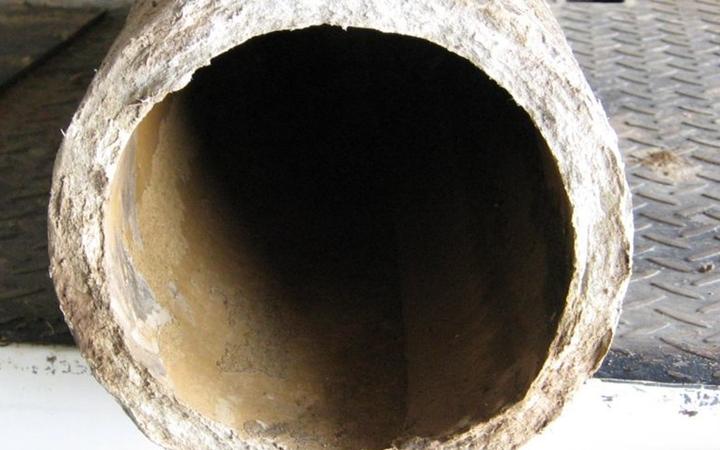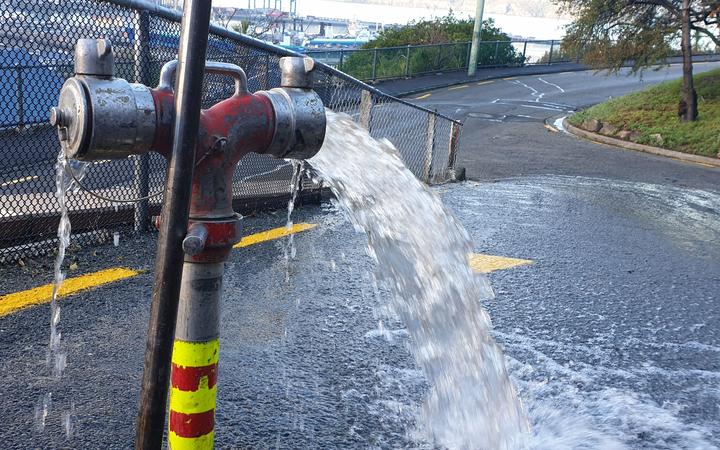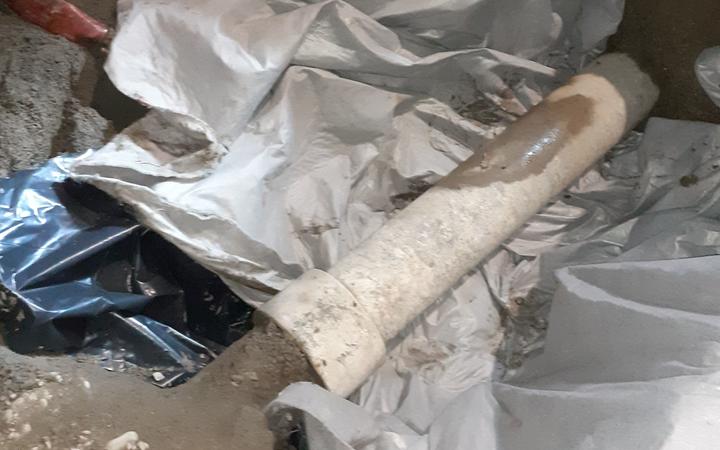
While there are no immediate concerns for public health, the study authors are calling for councils to prioritise their pipe replacement programmes.

It found "abundant evidence" of both short and long asbestos fibre release in all Christchurch water supply zones (excluding the modern development at Kainga).
Asbestos cement was commonly used for water pipes worldwide in the 20th century due to its strength and thermal and chemical resistance, and the pipes had been widely used in New Zealand water mains, including Dunedin’s, until the 1980s.
In the 1970s it became clear these pipes, when damaged, could release asbestos fibres into water supplies, prompting global restrictions on their use.
Dr Mager said the findings were significant, but were not cause for public health alarm.
“While there is no regulatory threshold for asbestos fibre limits in New Zealand drinking water, and no maximum acceptable value of ingested asbestos from water yet internationally identified, the amounts detected in this study do not exceed levels of concern for human health.

"Most studies into the quantity of asbestos in drinking water date back 40 years.
"More recent publications suggest precautionary measures should be put in place to limit asbestos fibres in drinking water due to their long latency time."

"The outer surface of the pipes is also vulnerable to decay, especially in conditions where there are high groundwater tables, which is what happens with prolonged liquefaction."
Dr Mager said many of these pipes had reached the end of their life.
"Some are up to 80 years old and therefore 20 to 30 years overdue for replacement.
"We believe authorities should prioritise replacing pipes over 50 years old to reduce the risk of water-carried asbestos release, and to mitigate any potential risk of asbestos from ingested contaminated water sources."
New Zealand had 9000km of asbestos piping requiring replacement, at an estimated total cost of $2.2 billion, she said.

No cause for alarm - council manager
Christchurch City Council's acting head of Three Waters Tim Drennan said people should not be alarmed by the study's findings.
"The levels of asbestos found were incredibly low. Although the study focused on Christchurch, nearly every water supply network in New Zealand has some asbestos pipe work," he said.
"Internationally there is no consistent evidence to suggest that ingested asbestos is hazardous - a fact the authors of the study acknowledge."
Drennan said 190km of piping had already been replaced and the council was progressively working through the rest, based on their condition.
"Around 66 percent of breakages in the past 12 months have been asbestos pipes, which means that the asbestos pipes have been prioritised for replacement over the coming years anyway, just due to their condition," he said.
"Between now and 2045 the vast majority will be fully replaced."
New Zealand has 9000km of asbestos piping that needs to be replaced at an estimated cost of $2.2 billion.
The research article was published by the International Water Association's Water Supply Journal.
- additional reporting by RNZ
Comments
When I learned of how much these pipes where and are used in sth Dunedin I was and am appalled. Another major and extremely important piece of infrastructure upgrade neglected by council for decades now unaffordable due to glad hand spending on white elephants like the stadium and land banking against the wishes of the constituents. It would be of interest to know of the rates of bladder kidney and other associated cancers in areas served by these pipes.
The New Zealand government and Councils have been aware of this issue for decades. In the early 1990s asbestos levels in drinking water were assessed by the then Department of Health. The potential health effects of drinking asbestos was not considered to warrant the high cost of urgently replacing asbestos cement pipes. It seems each new generations of researchers rediscover asbestos cement pipes! At least it keeps them busy. I don’t know if any research has been done on asbestos fibres becoming airborne when clothes washed in asbestos contaminated water are dried? This could be a hazard if laundry dust is inhaled?
To be remedied when 3 Waters is with government.











